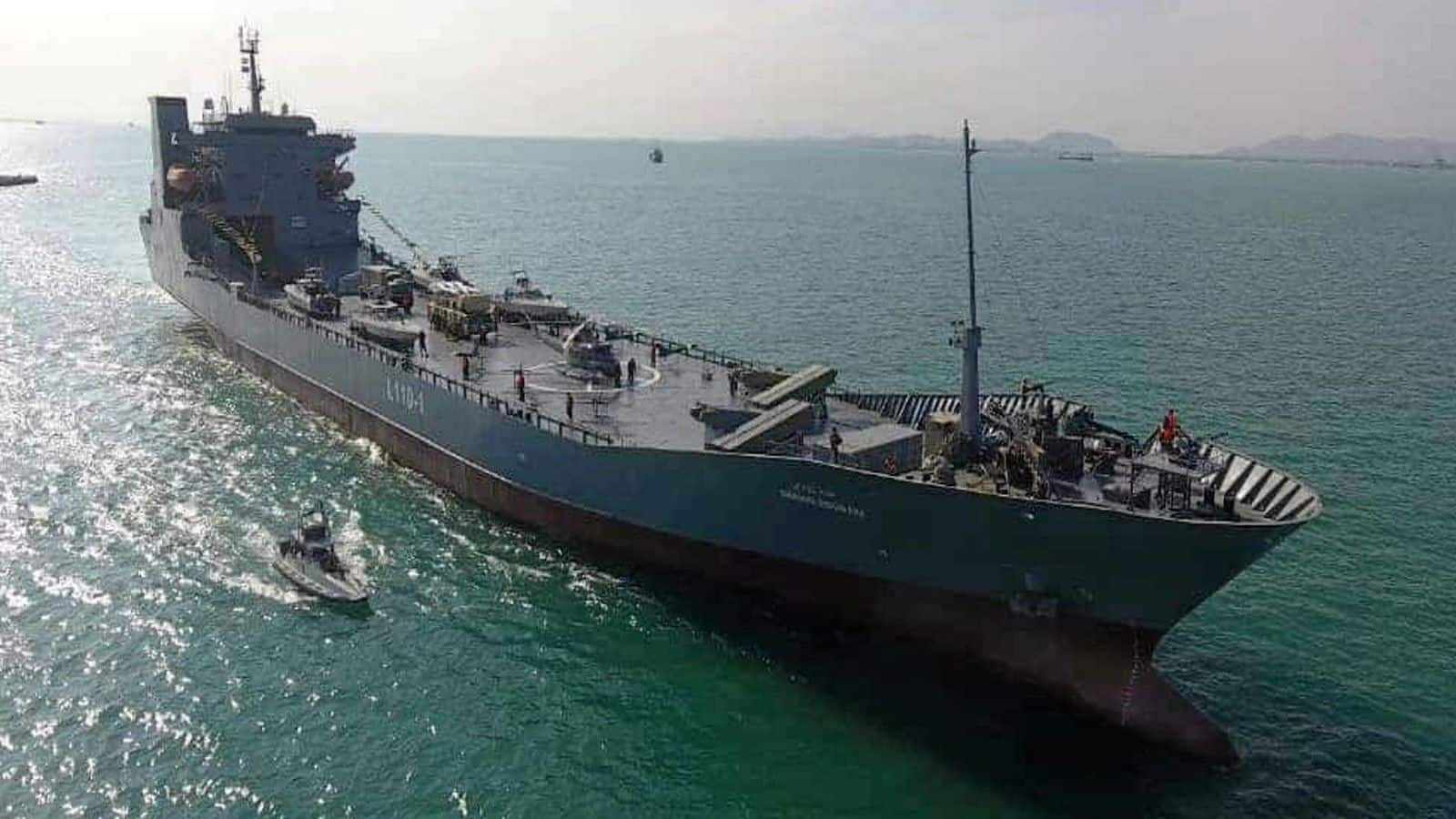In a significant geopolitical move, the United States has announced a fresh wave of sanctions against Iran, focusing particularly on its energy and petrochemical sectors. This decision comes in response to a direct missile strike by Iran on Israel, which occurred on October 1, marking it as one of the most substantial attacks from Iran towards Israel to date. The imposition of these sanctions underscores the escalating tensions in the region and reinforces the U.S. stance on Iran’s military actions.
Background of U.S. Sanctions on Iran
The relationship between the United States and Iran has been fraught with tension for decades, marked by a series of economic sanctions aimed at curtailing Iran’s influence in the Middle East. The latest sanctions target key industries that are vital to Iran’s economy, particularly its energy and petrochemical sectors, which play a crucial role in its economic stability.
The October 1 Missile Attack
On October 1, Iran launched an extensive missile barrage consisting of 180 ballistic missiles aimed at Israel. This assault has been characterized as the most significant direct strike against Israel by Iran, reflecting the growing hostilities between the two nations. Iran justified this military action as retaliation for Israel’s alleged destructive operations against the Lebanese Hezbollah group, claiming it was necessary to defend its regional allies.
The New Sanctions Explained
The newly announced sanctions are a multifaceted approach to further isolate Iran economically. They target individuals and entities involved in the oil and petrochemical sectors, aiming to disrupt Iran’s vital revenue streams. The U.S. Treasury Department elaborated that these sanctions are intended to deprive Iran of resources that could be utilized to fund its military activities.
Implications for Iran’s Economy
These sanctions are likely to exacerbate the already struggling Iranian economy, which has faced tremendous challenges due to previous sanctions and internal mismanagement. The energy sector, being a cornerstone of the Iranian economy, could see further declines, influencing global oil prices and diminishing Iran’s ability to engage in international trade.
International Reactions
The announcement of these sanctions has reverberated throughout the international community, igniting debates on the effectiveness of such measures in changing Iran’s behavior. Some analysts argue that increased pressure may lead to negotiations, while others believe it could provoke escalated military responses from Iran.
Future Prospects
As tensions continue to rise, the international community watches closely for Iran’s reaction to these sanctions. The potential for further military confrontation or diplomatic dialogue remains uncertain. The situation calls for vigilant monitoring to understand how these sanctions will shape not only U.S.-Iran relations but also the broader geopolitical landscape in the Middle East.
In conclusion, the latest U.S. sanctions on Iran reflect a critical turning point in the ongoing conflict, emphasizing the importance of international diplomacy and regional stability. The consequences of these actions could impact global energy markets and influence strategies of other nations vying for power in the Middle East.
